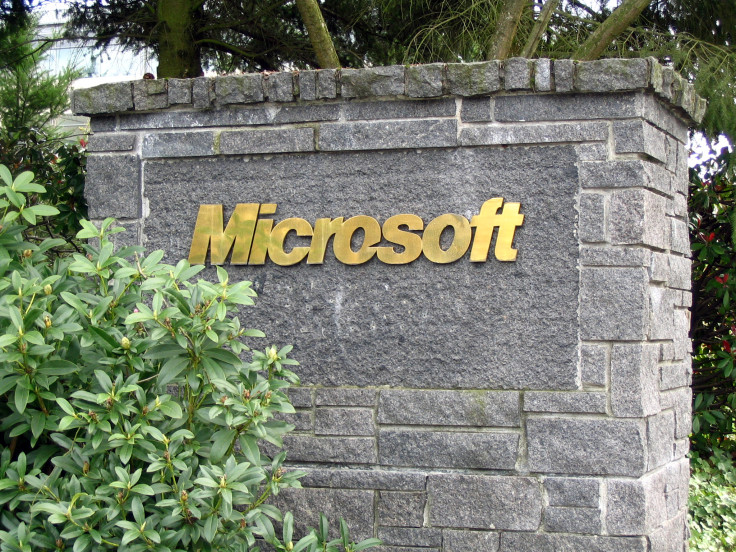Bing's AI-Powered Deep Search Returns, Find What You Need Faster
Bing's Deep Search uses AI to better understand your search intent and provide more relevant answers.

Undeterred by the initial launch's shortcomings, Microsoft has brought back the Bing Deep Search feature. While many Edge users have reported seeing the revived functionality, it appears the rollout isn't yet universal.
There's also a new disclaimer on the Deep Search link, stating: "GPT-powered results take ~30 secs." Google, in a recent court filing, revealed that Apple refused to buy Bing's search engine due to concerns about Bing's search quality.
So, the question remains: does it actually perform better now? News of Bing Deep Search's revival spread quickly after an MSPU report highlighted an X-post from Berry Schwartz. To those unaware, the feature was initially introduced late last year. Responding to a user's query last month.
Bing is testing Deep Search and announces other AI copilot enhancements. Did you know GPT-4 named it "Deep Search" after the original name "Search Harder" didn't tell well? https://t.co/GWdcTx5COV via @RangThang and @mikeschechter with a ton more info from @yusuf_i_mehdi… pic.twitter.com/esuP7OhYAb
— Barry Schwartz (@rustybrick) December 6, 2023
Microsoft's Mikhail Parakhin said on X that Bing Deep Search will return soon, "Any updates to share with Deep Search returning at all? I loved using it tremendously and I miss using it lol," the X user asked.
@MParakhin @mikeschechter Any updates to share with Deep Search returning at all? I loved using it tremendously and I miss using it lol
— Steven McMackin (@sabsisback) February 28, 2024
Back on a large flight (hopefully) this week. Much better!
— Mikhail Parakhin (@MParakhin) February 29, 2024
Notably, Microsoft had put Deep Search on hold, so its reappearance now is surprising. Earlier this month, Parakhin said, "It turned out to be more popular than we anticipated." The Redmond-based tech giant initially thought it was more of a research tool, but many wanted to try it out beyond researchers.
Parakhin said they "need to fix caching" and make Deep Search "more robust." In a separate post, he said the company is testing it now and gearing up to introduce Deep Search "everywhere."
We are testing it everywhere, the plan is to release everywhere, too.
— Mikhail Parakhin (@MParakhin) February 2, 2024
While Microsoft is testing Deep Search again, SEO freelancer Frank Sandtmann got early access and shared his experience on Mastodon. It appears Microsoft has addressed the response time issue.
"For my "seo" search, it took about 15 seconds for the results to appear (30 secs for "bing"). A blue bar showed the progress," Sandtmann wrote in his post.
What is Deep Search and does it deliver enhanced results?
Essentially, Deep Search takes full advantage of Bing's massive web index and draws its power to refine your search queries from GPT-4. The tool does this by generating a more precise description of what you're looking for, ultimately leading to more relevant results.
For example, let's say I'm researching loyalty programs in different countries and searching for "how do points systems work in Japan". Deep Search might generate a more comprehensive description like this:
"Provide an explanation of how various loyalty card programs work in Japan, including the benefits, requirements, and limitations of each. Include examples of popular loyalty cards from different categories, such as convenience stores, supermarkets, and restaurants. Show a comparison of the advantages and disadvantages of using loyalty cards versus other payment methods in Japan, including current rewards and benefits. Highlight the most popular services and participating merchants."
It is worth noting that Microsoft was catching flak last month after Bing offered biased results on searches about the disputed island, Dokdo (Takeshima).
© Copyright IBTimes 2025. All rights reserved.






















